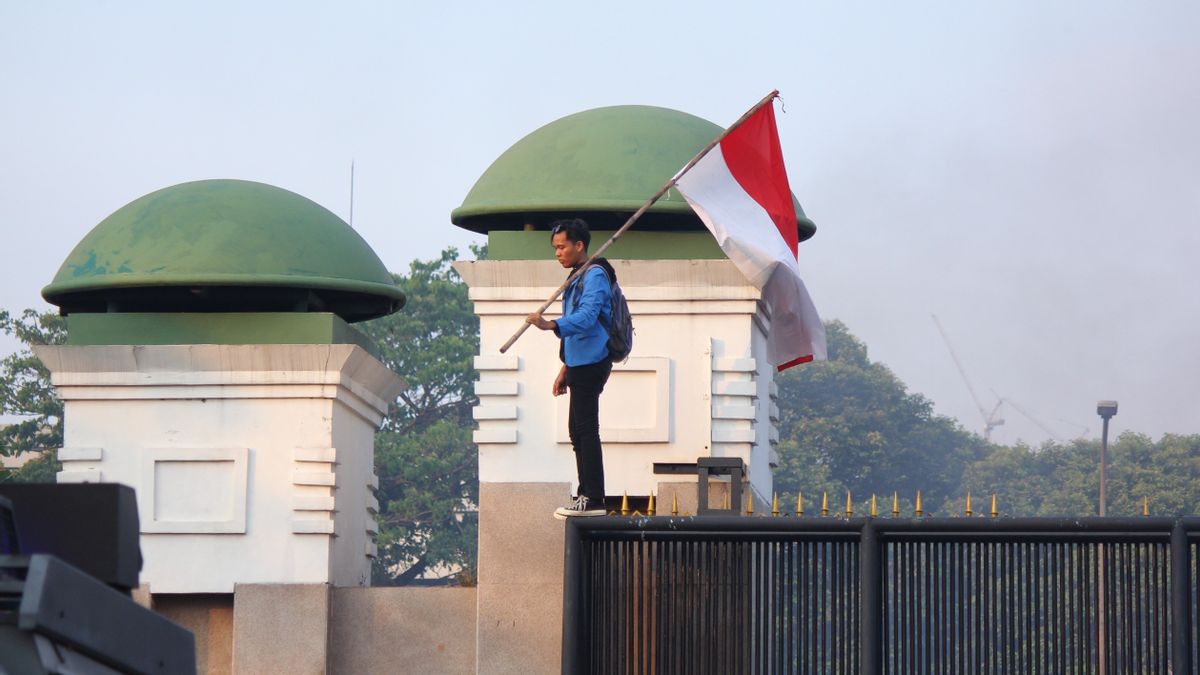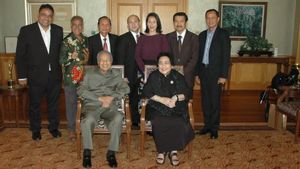The DPR's decision to cancel the revision of the Regional Head Election Law (RUU Pilkada) is an important victory for civil society. After a wave of protests and harsh criticism, the revision that was originally proposed to change the regional election system was finally not passed.
Rejection of the revision of the Pilkada Bill came from various groups—students, academics, and civil society organizations—who were worried that the revision would only benefit certain parties and damage democracy. The protests became even more heated after two main points of the revision of the Pilkada Bill were revealed: the elimination of the requirement of experience as a regional head for gubernatorial candidates, and the reduction of the minimum age for regional head candidates.
In the debate on the Pilkada Bill, two main differences emerged between the Constitutional Court's Decision and the DPR's proposed revision. First, regarding the nomination threshold. Through decision number 60/PUU-XXII/2024, the Constitutional Court canceled the requirement of 20 percent of DPRD seats or 25 percent of valid votes, replacing it with a threshold based on population. Political parties can nominate regional head candidates without seats in the DPRD, as long as they obtain 6.5 to 10 percent of the votes from the permanent voter list. On the other hand, the DPR maintains the requirement of 20 percent of DPRD seats or 25 percent of valid votes for parties with seats, but follows the Constitutional Court Decision for parties without seats. Second, the difference regarding the age limit for regional head candidates. The Constitutional Court sets the age limit for gubernatorial candidates at 30 years and regent/mayor candidates at 25 years when determined by the KPU, not at the time of inauguration. However, the DPR chose to follow the Supreme Court's decision which refers to the age at the time of inauguration.
Minister of Law and Human Rights, Supratman Andi Agtas, called the issue of issuing a Government Regulation in Lieu of Law (Perppu) excessive. He emphasized that the government will follow the Constitutional Court Decision and will not take steps that are contrary to the constitution. The Speaker of the DPR, Puan Maharani, also appreciated the public's voice and emphasized that the decision to cancel the revision was a form of respect for the aspirations of the people.
The General Elections Commission (KPU) has confirmed that the 2024 Regional Elections will be held based on the Constitutional Court's Decision. Candidate requirements, including the age and experience of candidates, will continue to follow the provisions set by the Constitutional Court. Thus, changes to the requirements proposed in the revised Regional Elections Bill will not be accommodated.
The cancellation of the revised Regional Elections Bill emphasizes the importance of public participation in maintaining democracy. This decision shows that when society unites and speaks out, change can occur even when faced with great political power. However, this victory is also a reminder that democracy requires consistent oversight. Active citizen participation is essential to ensure that the political process remains honest and in accordance with the will of the people. True democracy requires the courage to speak up and a strong commitment to protecting common interests.
The English, Chinese, Japanese, Arabic, and French versions are automatically generated by the AI. So there may still be inaccuracies in translating, please always see Indonesian as our main language. (system supported by DigitalSiber.id)













